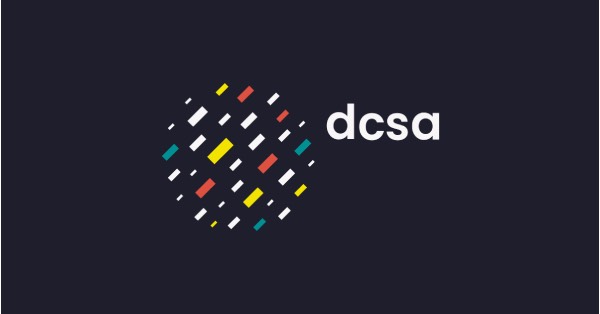Beta releases initiate three-month period of public review and feedback for eDocumentation standards
Digital Container Shipping Association (DCSA), a neutral, non-profit group established to further digitalisation of container shipping technology standards, in conjunction with its nine member carriers, today published beta releases of DCSA Standards for the Booking Process 1.0 and the Bill of Lading 2.0. In conjunction with these releases, the company unveiled a website where interested parties can go to review and provide feedback on beta versions of DCSA standards. The website is available at www.dcsa.org/feedback.
The publication of booking process standards is the second step towards end-to-end digitalisation of the shipping documentation process after the publication of DCSA electronic bill of lading (eBL) standards. DCSA Standards for the Booking Process 1.0 will enable frictionless sharing of digitised shipping data, eliminating the need to rekey booking information into the eBL. DCSA Standards for the Bill of Lading 2.0 are aligned with DCSA booking process standards to enable automatic uptake of booking process data.
As part of DCSA’s multi-year eDocumentation initiative, today’s publications bring the industry closer to a standardised, universally accepted electronic bill of lading, which will increase efficiency, enhance transparency, facilitate compliance and eliminate paper from international trade. Through this initiative, DCSA aims to facilitate acceptance and adoption of eBL by regulators, banks and insurers and to unify communication between these organisations and customers, carriers and all other stakeholders involved in a transaction.
The DCSA Feedback Website
Also announced today, the DCSA feedback website will allow a three-month public review and feedback period for DCSA beta release standards. Contributors simply select the standard they would like to review and choose from four types of comment:
- Suggest a change
- Suggest a clarification
- Suggest an addition
- Other
Once the review period is ended, DCSA will revise the standards based on input from the site and release new versions within a three-month timeframe.
Standards release documentation
The standards publications released today comprise the following documents: DCSA Standard for the Booking Process 1.0 beta, DCSA Standard for the Bill of Lading 2.0 beta, the DCSA Interface Standard for the Booking Process, the DCSA Interface Standard for the Bill of Lading, and the associated DCSA Industry Blueprint and DCSA Information Model. All documents are immediately available to download for free on the DCSA website. To facilitate implementation and compliance, API definitions are published on SwaggerHub, and a reference implementation is available on GitHub.
Subsequent releases of DCSA’s eDocumentation initiative will include data and process standards for arrival notice and release shipment.
“In 2021, only 1.2% of the bills of lading issued by carriers was digital,” commented Thomas Bagge, CEO of DCSA. “Fortunately, this leaves much room for improvement of the B/L process, which will have a significant and positive impact on international trade. Eliminating paper each year will improve sustainability, and digitising documents will increase the accuracy and availability of digital data, which will benefit everyone along the supply chain, including customs organisations. The public and private sectors must work together to address legal and technical interoperability issues if we want to grow eBL usage. We are encouraged to see top level government initiatives designed to drive standards adoption and data exchange across the globe, such as the recently announced FLOW (Freight Logistics Optimization Works) initiative from the Biden Administration.”






































